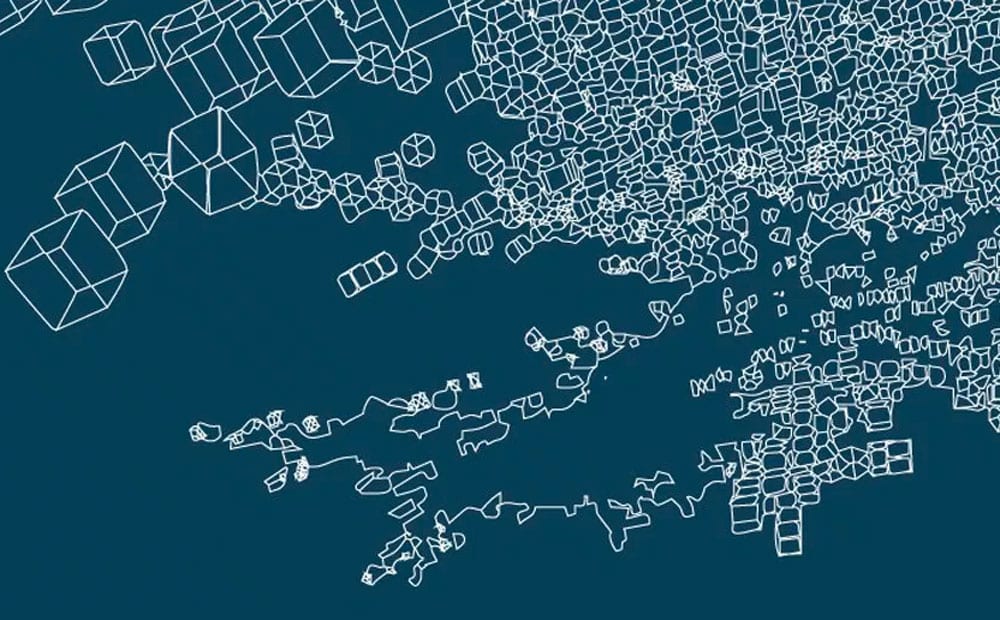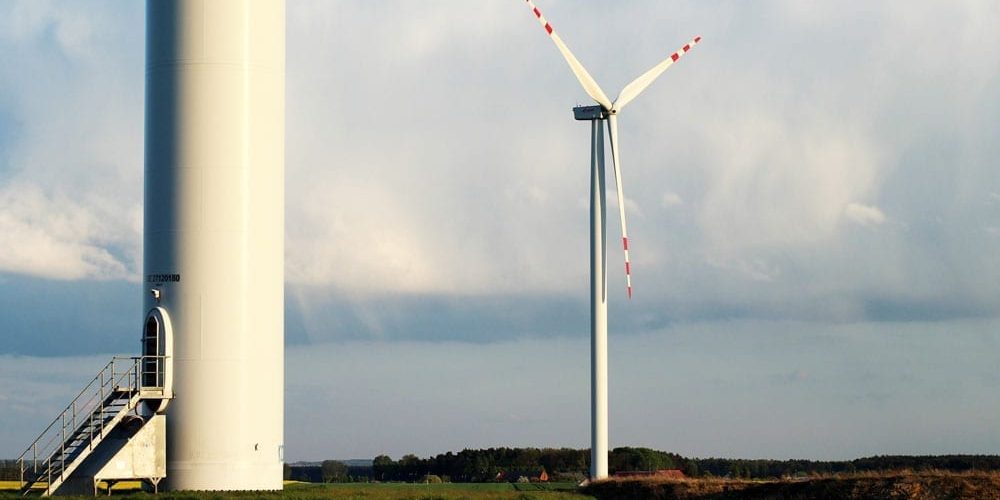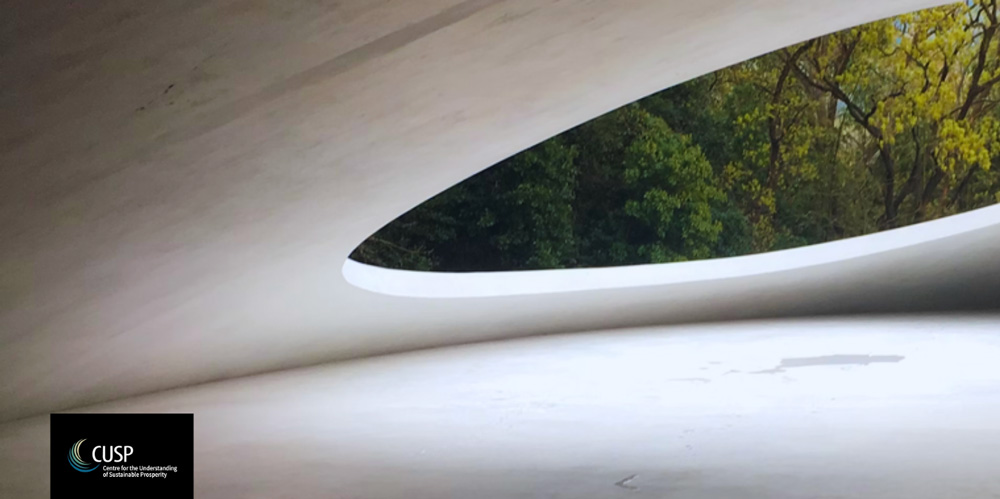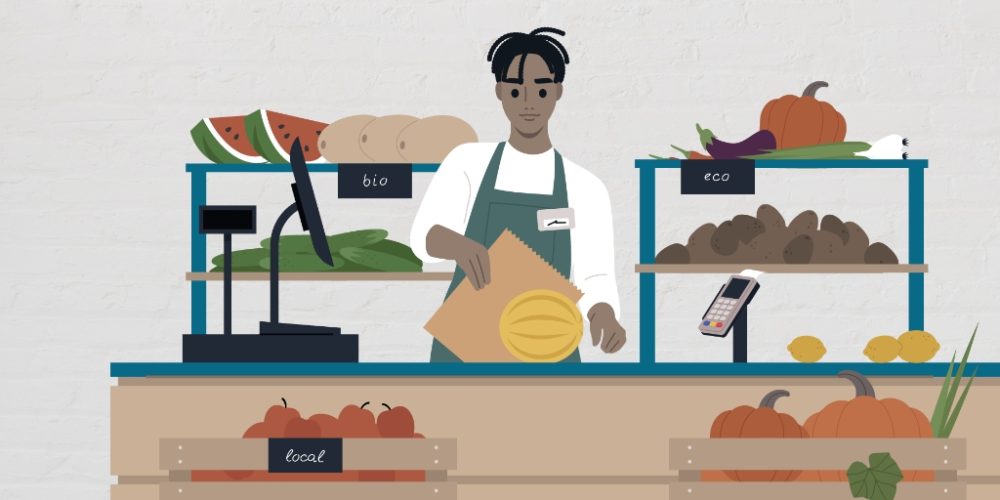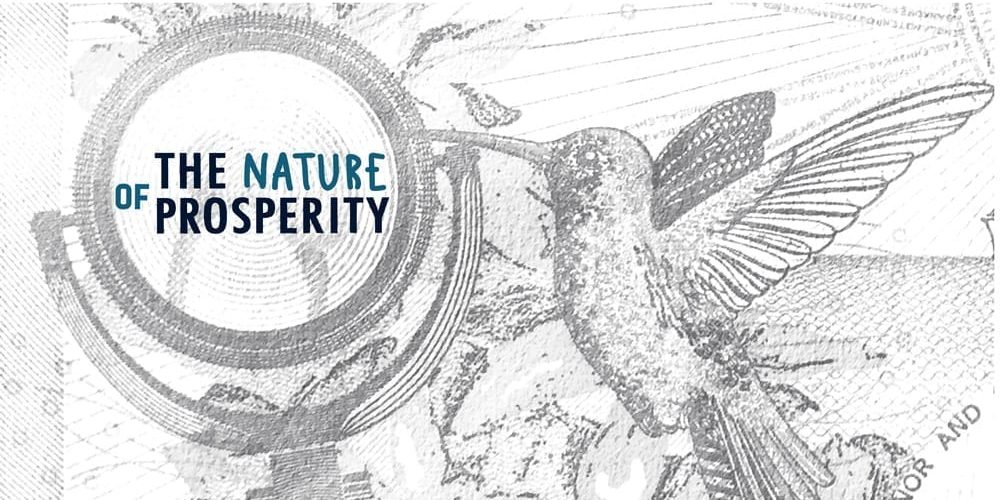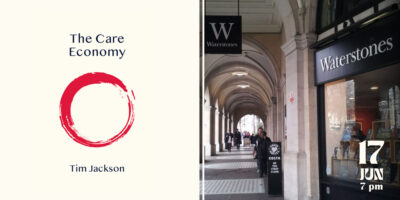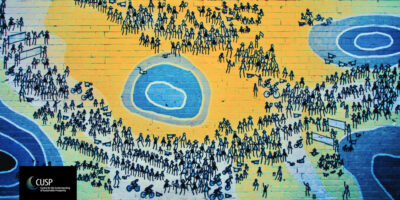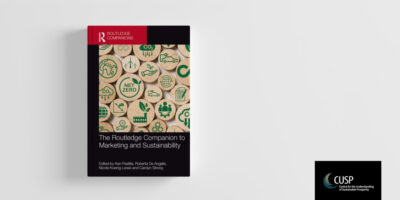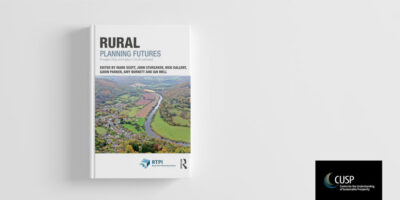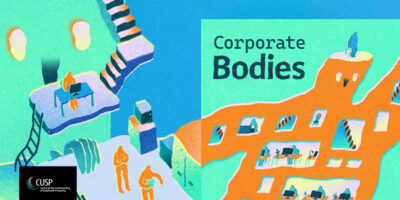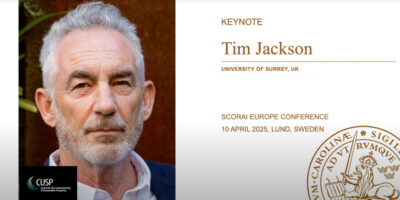THEMES
Research Projects | CUSP Work Programme
The principal objective of CUSP is to explore the question: what can prosperity possibly mean in a world of environmental, social and economic limits? Our guiding vision of prosperity is one in which people everywhere have the capability to flourish as human beings—within the ecological and resource constraints of a finite planet. CUSP’s research explores not just the economic aspects of this challenge, but also its social, political and philosophical dimensions. Ultimately, prosperity must offer society a credible and inclusive vision of social progress. The over-arching goal of CUSP is to contribute to that task.

Our interdisciplinary research programme is organised around five core themes: 1) Meanings and Moral Framings of the Good Life, 2) The Role of the Arts & Culture in Delivering Prosperity, 3) Political and Organisational Dimensions of Sustainable Prosperity, 4) Social and Psychological Understandings of the Good Life, and 5) System Dynamics Modelling.
The findings of these themes are drawn together through a rich portfolio of engagement across business, government and civil society. This portfolio includes a unique cross-theme case study to develop An Economy That Works. The second is a collaboration on sustainable finance with a coalition of thought leaders including the Aldersgate Group.
We are exploring links between energy, wellbeing and the UK’s productivity puzzle; and have received funding to model transition risk—combining elements from economics, finance and physics. CUSP also provides the secretariat for the All-Party Parliamentary Group on Limits to Growth, a platform for cross-party dialogue on economic prosperity in a world of environmental and social limits.
We have initiated an extended public dialogue aimed at bringing together people from all walks of life and all sectors of society to develop new visions for a lasting and sustainable prosperity. Chaired by the former Archbishop of Canterbury, Dr Rowan Williams, The Nature of Prosperity offers a stimulating environment for discussion and a creative forum for change.
Projects
M | Meanings and Moral Framings of the Good Life
The foundation for our work is an understanding of the meanings of prosperity. The goal of theme M is to explore the moral and philosophical assumptions that underpin visions of sustainable prosperity. Critically, we seek to identify which pivotal institutions and political questions need to be addressed if ‘sustainable prosperity’ is to be achieved in practice, rather than just valued as an idea.
A | The Role of the Arts & Culture in Delivering Prosperity
CUSP considers the role of arts and culture not simply as a tool for communicating sustainability, but as an inherent component of prosperity itself. Art and culture facilitate participation in the life of society and contribute to a creative and fulfilling quality of life. Our Arts theme develops the conceptual framework for this approach and explores the complex interaction between cultural prosperity, place, the quality (and availability) of employment, leisure, and the rights to self-expression.
P | Political and Organisational Dimensions of Sustainable Prosperity
This theme explores grassroots transitions to sustainability, alternative enterprise forms, investment models for sustainable prosperity, and the range of political institutions related to the ‘ecological state’. At one level we explore the grand narratives of political legitimacy looking at the challenge of governance in the face of constrained resources. At the micro-level, we explore grassroots initiatives for change to see how alternative ownership and incentive structures can deliver a more sustainable prosperity.
S | Social and Psychological Understandings of the Good Life
At the heart of any form of prosperity lie the desires, aspirations, needs and capabilities of ordinary people. Understanding these needs and aspirations is vital. Our research examines the contested and situated nature of people’s visions of the good life and the role of materialism in delivering (or hindering) prosperity. We explore how different understandings of social justice and fairness enter our narratives of the good life. Using both social research and psychological experiments, we explore the idea that people could have ‘more fun with less stuff’.
S | Systems Analysis to Explore Narratives of Sustainable Prosperity
Achieving a sustainable prosperity requires compelling social narratives and robust economic models to deliver them. Theme S2 aims on the one hand to develop qualitative narratives of sustainable prosperity and on the other to explore the quantitative implications of these narratives through the development of macroeconomic models. Our research explores the economic, social and environmental implications of these models and narratives. We also examine the role of good work in delivering sustainable prosperity.
Building An Economy That Works
At CUSP we are rethinking economics. To make the economy work for everyone, politics need to ensure economic and social stability even as relentless growth in consumer demand is attenuated. We are addressing the ‘post-growth challenge’ throughout our work programme, engaging with a variety of stakeholders in business and parliament, to help developing strategies for an economy that works for everyone.
Investing in the Future
We are looking at sustainable finance from various angles—our research aims to develop a powerful new framing of investment in terms of a meaningful ‘commitment to the future’. This framing is motivated by the investment needs inherent in the transition to a sustainable, low-carbon economy. Resource productivity, low-carbon infrastructure and the protection of habitats and ecosystems all demand a new portfolio of investment with new governance and facilitating conditions.
CYCLES | Children and Youth in Cities—Lifestyle Evaluations and Sustainability
What conditions enable young people to live sustainable, fulfilling lives in cities? How do young citizens see their future? What best practices for city planning and community action can make the biggest sustainable difference? How can we help cities track progress and help young citizens flourish within the limits of a finite planet? These questions are addressed in CYCLES.
Models, Assessment and Policies for Sustainability
CUSP researchers at the University of Surrey are part of an international consortium of esteemed research institutions and practice partners to contribute their research and modelling expertise to the MAPS project: Models, Assessment and Policies for Sustainability. The project’s core mission is to map transformative policy pathways to reconcile desirable social outcomes with sustainability requirements.
SME FinBio | Nature positive small and medium-sized enterprise finance
Funded by UKRI and the Natural Environment Research Council (NERC), the broad aim of this project is to explore SME finance markets in four high-risk environmental impact sectors: agrifood, infrastructure, sustainable fashion and advanced manufacturing technology. The project builds on previous research, which identified constraints and opportunities for SMEs and their financiers to account for climate and biodiversity in a cohesive and meaningful way; laying the ground for more sector specific work now.
Social enterprise as a catalyst for sustainable and healthy local food systems
As part of the UKRI Transforming UK Food Systems programme, this project will investigate social enterprises providing community growing spaces and distribution schemes, leisure and fitness centres, children’s nurseries and other community-based services. The project will focus on their unique contribution to food systems that are more inclusive, sustainable and healthy.
WISE Horizons | Wellbeing, Inclusion, Sustainability and the Economy
As part of the Horizon Europe’s Transformation programme, CUSP researchers are collaborating with researchers from a range of global institutions to investigate key drivers and policy levers for a transition to a postgrowth economy.
TRansit | Modelling transition risk
Funded by the ESRC’s Rebuilding Macroeconomics network, the broad aim of this project is to develop an agent-based, stock-flow consistent macro-economic model capable of addressing the risks (and opportunities) associated with the transition to a net-zero carbon economy. The project combines elements from economics, finance and physics, as well as a number of sub-disciplines within each of these areas.
Powering Productivity | Energy, wellbeing and the UK’s productivity puzzle
Productivity growth means getting more output from fewer inputs. It is a key goal of conventional economic policy. But ‘productivity growth’ is a vague concept and there are large gaps in our understanding of it. This ESRC funded project explores links between the different types of productivity and two major gaps: the relationship between energy and productivity, and wellbeing and productivity. The aim is to map the existing evidence base and guide future ESRC productivity research.
Nature of Prosperity Dialogue
Ultimately, prosperity must offer society a credible and inclusive vision of social progress. The over-arching goal of CUSP is to contribute to that essential task. We have initiated an extended public dialogue aimed at bringing together people from all walks of life and all sectors of society to develop new visions for a lasting and sustainable prosperity. Chaired by the former Archbishop of Canterbury, Dr Rowan Williams, The Nature of Prosperity offers a stimulating environment for discussion and a creative forum for change.
RESOLVE | Lifestyle Values and Environment
The overarching aim of this CUSP forerunner project was to explore the complex relationship between people’s lifestyles, societal values and the environment. In operation from 2006 to 2011, RESOLVE pioneered international research on sustainable lifestyles and provided robust social science evidence base for policymakers seeking to understand and to influence the behaviours and practices of ‘energy consumers’ in the light of climate change.





